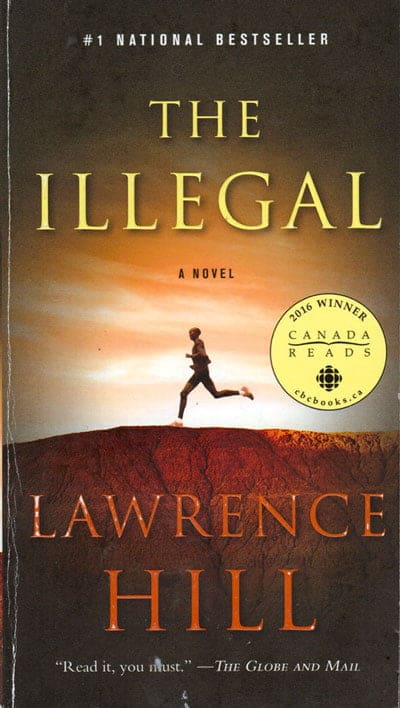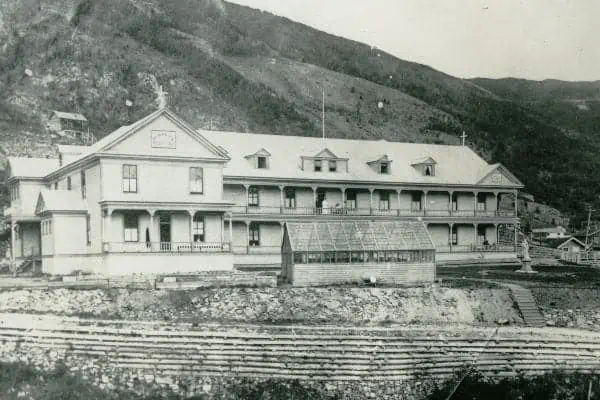 In the course of his Massey Lecture series in 2013 (published as Blood: The Stuff of Life, from House of Anansi Press), Lawrence Hill used a fair amount of autobiographical information for anecdotal evidence to enliven his research material.
In the course of his Massey Lecture series in 2013 (published as Blood: The Stuff of Life, from House of Anansi Press), Lawrence Hill used a fair amount of autobiographical information for anecdotal evidence to enliven his research material.
In this way, we learned that he once hankered to become a professional runner and was stopped by the fact that his blood system just didn’t process oxygen as efficiently as the stars of the game. It didn’t stop him from running, but it did, luckily for us, make him turn his attention to literature and writing.
Less fortunate for him was the fact that most of the males in his family tree eventually contract diabetes. His arrived late enough in life that he hoped he had avoided the genetic predisposition, but he copes well.
The protagonist of The Illegal shares both of these traits, though he is unaware of the second one. Keita Ali is a runner from the island nation of Zantoroland, a relatively tiny place in the middle of Indian Ocean which has a lot of runners.
Zantoroland is ruled by a despotic government that oppresses some of its racial/cultural groups in favour of others. For reporting on government activities, Keita’s journalist father is murdered and his body left on display in the public square.
To advance his hopes, and perhaps to survive at all, Keita needs to relocate to nearby (and ironically named) Freedom State, where he can run in bigger races and perhaps make it to the Olympics. The immediate problem is that Freedom State does not want refugees from Zantoroland. It’s currently run by a racist government that is trying to find ways to deport people who hail from there.
Keita is not the only viewpoint character in the novel. There is also a young female police officer; a courageous older woman who does her best to help the disadvantaged, including Keita; an ace student from the slums of AfricTown; a medical doctor; a scheming nightclub owner; several politicians at different levels of corruption; and a number of others.
Keita is enmeshed by a web of issues that involve his refugee status, his health problems and the machinations of a corrupt sports promoter. There’s the diabetes that he didn’t know about and the hernia that he did.
Hill said this book took him five years to write. Numerous other projects, along with those lectures, kept distracting him. Knowing that, it’s rather prescient of him to have flagged the refugee issue as a major theme as early as 2009, for a book that came out in 2015, just as Trump was beginning to rant about that wall that Mexico was going to pay for.
This is one of a number of books that have been worked on while a writer has been in residence at Berton House. Hill’s acknowledgements section includes a thank you to the Writers’ Trust of Canada, which manages the site and had him stay here in Dawson a total of four months on two separate occasions.
He must like the town. In between those stays he returned on his own and is in town as a guest author this June for the 2019 edition of the Print and Publishing Festival.




